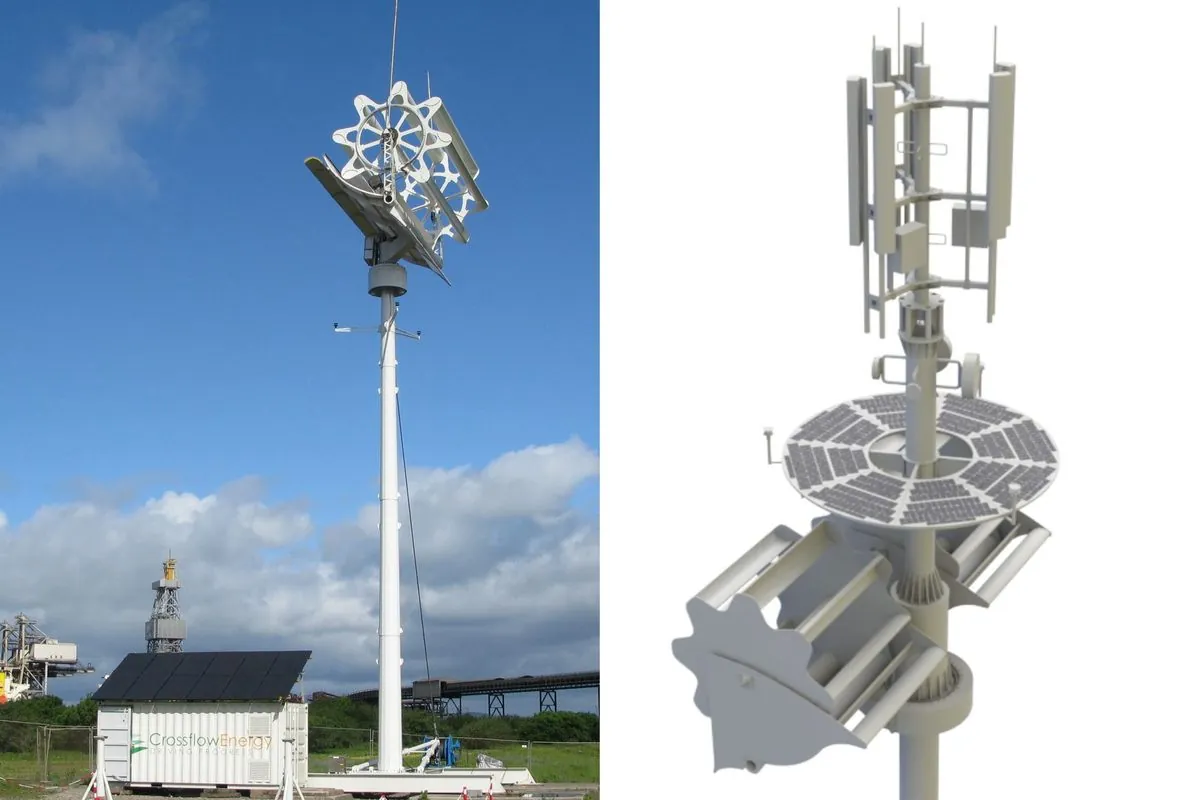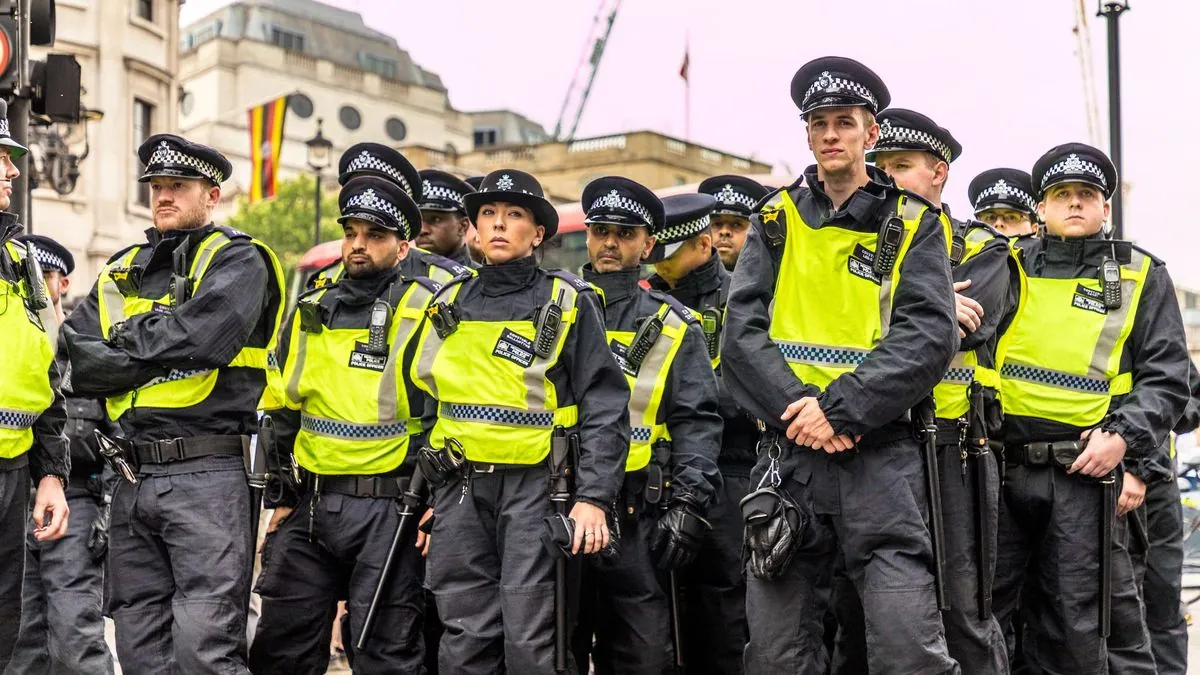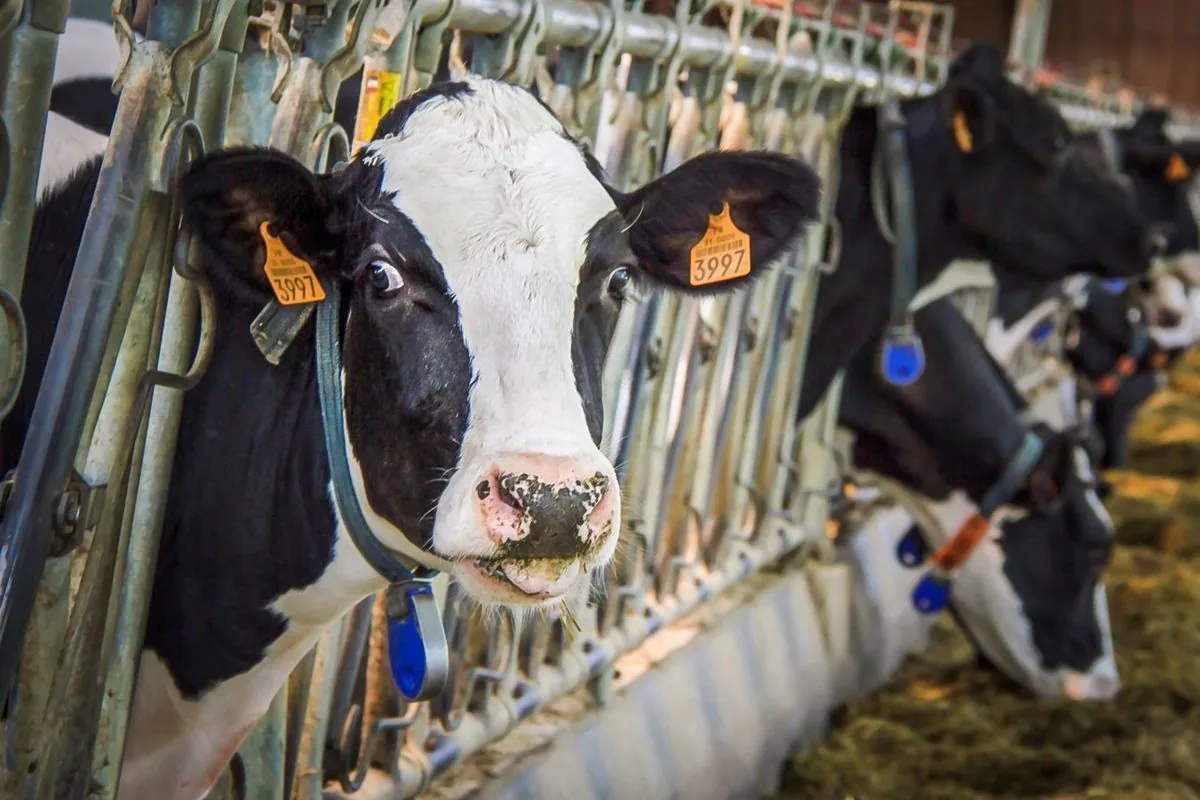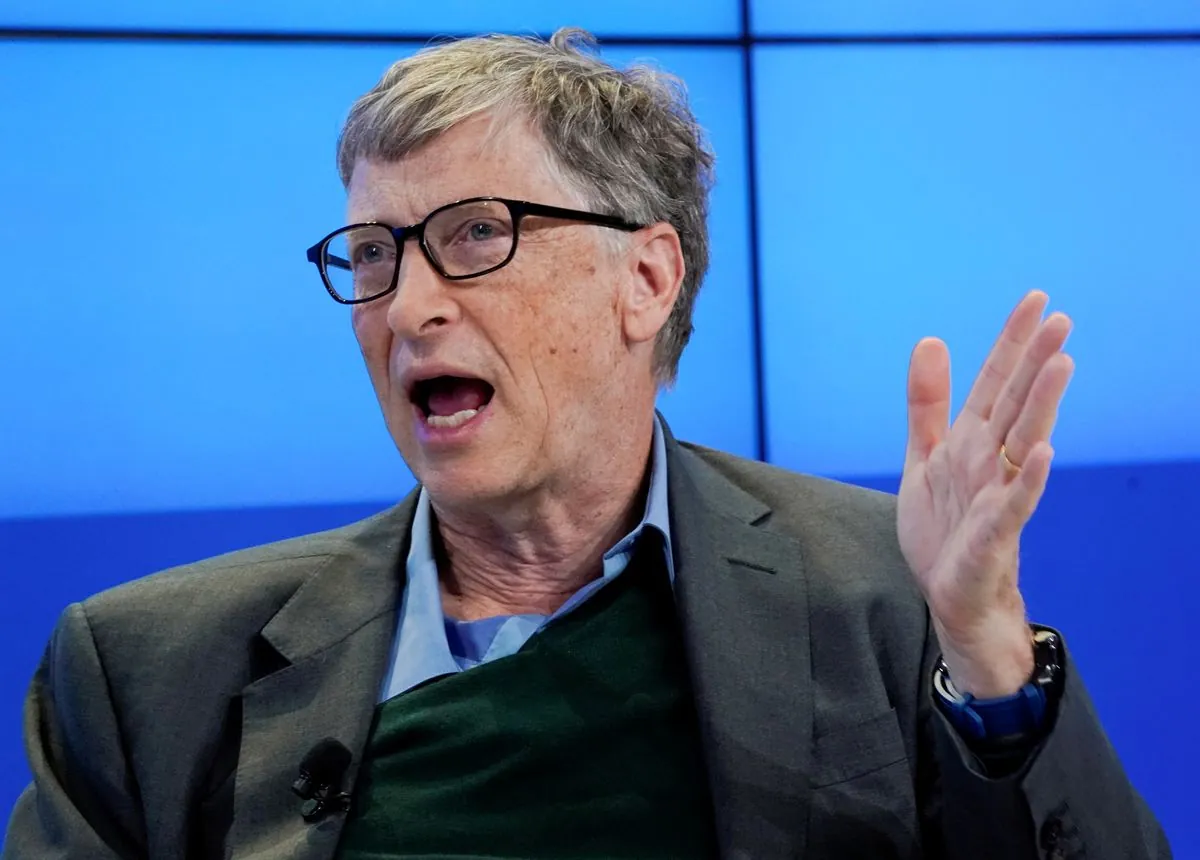CMA Raises Concerns Over Vodafone-Three Merger, Suggests New Rival Network
UK watchdog proposes creating new mobile network to address competition issues in Vodafone-Three merger. CMA warns of potential price hikes for consumers, considers forced asset sales.

The proposed £15bn merger between Vodafone and Three in the UK has encountered a significant obstacle. The Competition and Markets Authority (CMA) has suggested that a new rival mobile network may need to be established to alleviate competition concerns.
In its provisional findings, the CMA is considering requiring Vodafone and Three to divest certain assets or spectrum. This move could potentially enhance the competitiveness of existing Mobile Virtual Network Operators (MVNOs) like Sky Mobile and GiffGaff or facilitate the entry of a new market player.
The UK mobile market, currently valued at over £14 billion annually, has four major network operators: EE, O2, Vodafone, and Three. The proposed merger would reduce this number to three, potentially impacting the market's competitiveness, which is considered one of the most robust in Europe.
Stuart McIntosh, chair of the CMA, stated:
"We've taken a thorough, considered approach to investigating this merger, weighing up the investment the companies say they will make in enhancing network quality and boosting 5G connectivity against the significant costs to customers and rival virtual networks."
The CMA expressed concerns about the practicality of the proposed remedies and warned that the merger could lead to increased costs for millions of customers. This could particularly affect those least able to afford mobile services or result in reduced service quality, such as smaller data packages.

Vodafone and Three argue that the merger is necessary to compete with larger rivals EE and Virgin Media O2. They have pledged to invest £11bn over the next decade (2024-2034) if the deal proceeds. This investment aligns with the UK government's goal of achieving 95% 5G coverage by 2030.
The mobile landscape in the UK has evolved significantly since Vodafone made the country's first mobile phone call on January 1, 1985. The industry has progressed from 3G, introduced by Three in 2003, to 4G, first launched by EE in 2012, and now 5G, which debuted in 2019.
Margherita Della Valle, Vodafone's chief executive, defended the merger, stating:
"Our merger is a catalyst for change. It's time to take off the handbrake on the country's connectivity and build the world-class infrastructure the country deserves."
The CMA, established in 2014, must now consider how Vodafone and Three can address these concerns while securing the potential long-term benefits of the merger. This includes guaranteeing future network investments and maintaining the UK's position as a leader in mobile communications technology.
As the process unfolds, the outcome will likely have significant implications for the UK's mobile market, potentially reshaping the landscape of an industry that has become integral to the nation's digital infrastructure and economy.


































